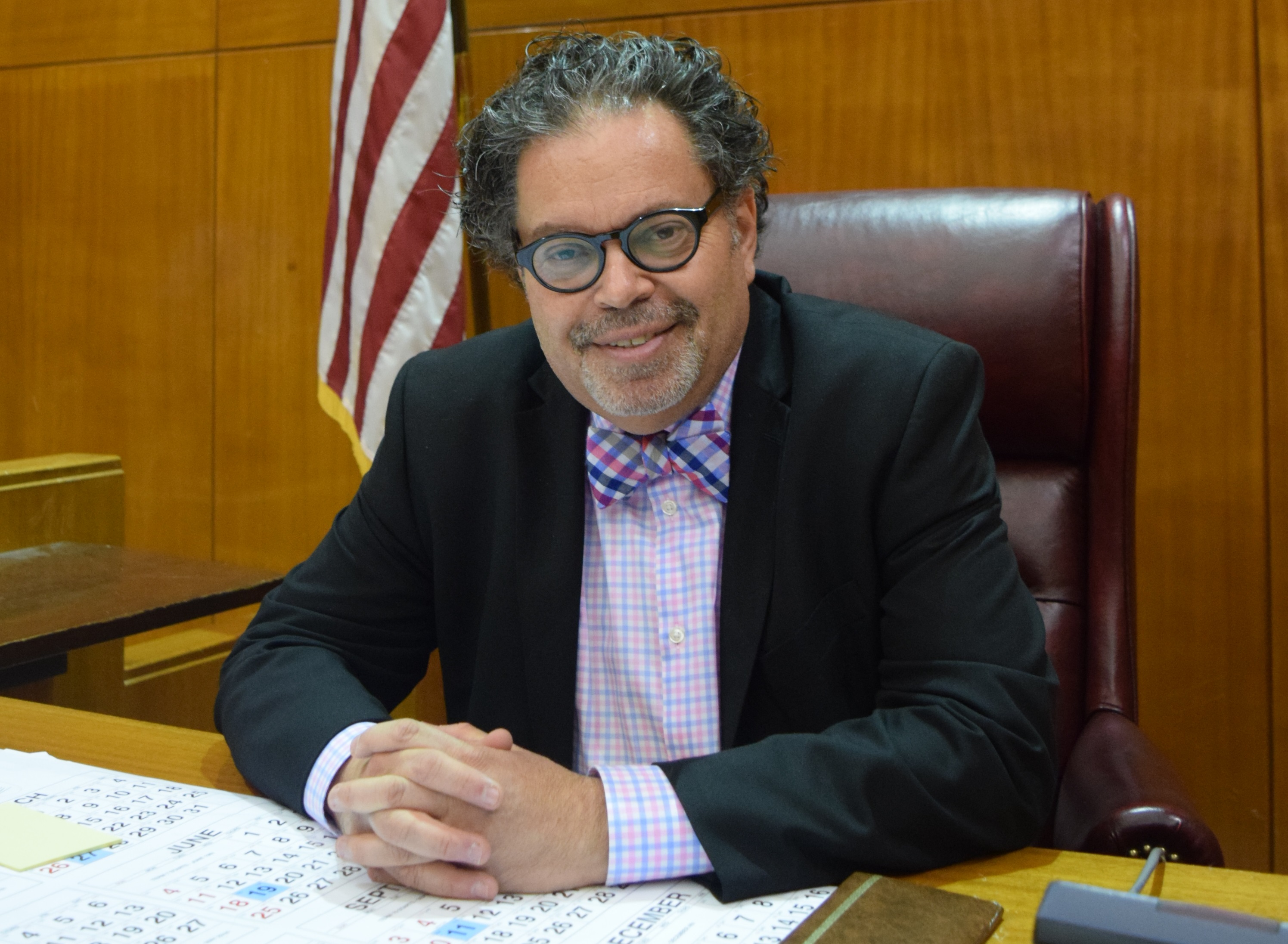Justice George Silver looks back at his judicial career that started as a pipedream

When Justice George Silver received a call from Hon. Janet DiFiore, chief judge of the New York State Courts, offering him the job the top judge in New York City, he was shocked. It wasn’t something that he had sought out and even to this day he admits that he doesn’t know what she was thinking.
It was her faith in him that got him to buy into her Excellence Initiative and his experience as a judge and a lawyer that armed him with ideas of how best to implement it that had him excited for the job.
“I was shocked,” said Justice Silver. “People were talking to me, but I didn’t put in for it and I certainly didn’t expect it. For the first four months, I had to write down the job title because I couldn’t remember it. I was just flattered and honored that Judge DiFiore thought enough about me to offer me the job.”

Brooklyn Boro
View MoreNew York City’s most populous borough, Brooklyn, is home to nearly 2.6 million residents. If Brooklyn were an independent city it would be the fourth largest city in the United States. While Brooklyn has become the epitome of ‘cool and hip’ in recent years, for those that were born here, raised families here and improved communities over the years, Brooklyn has never been ‘uncool’.